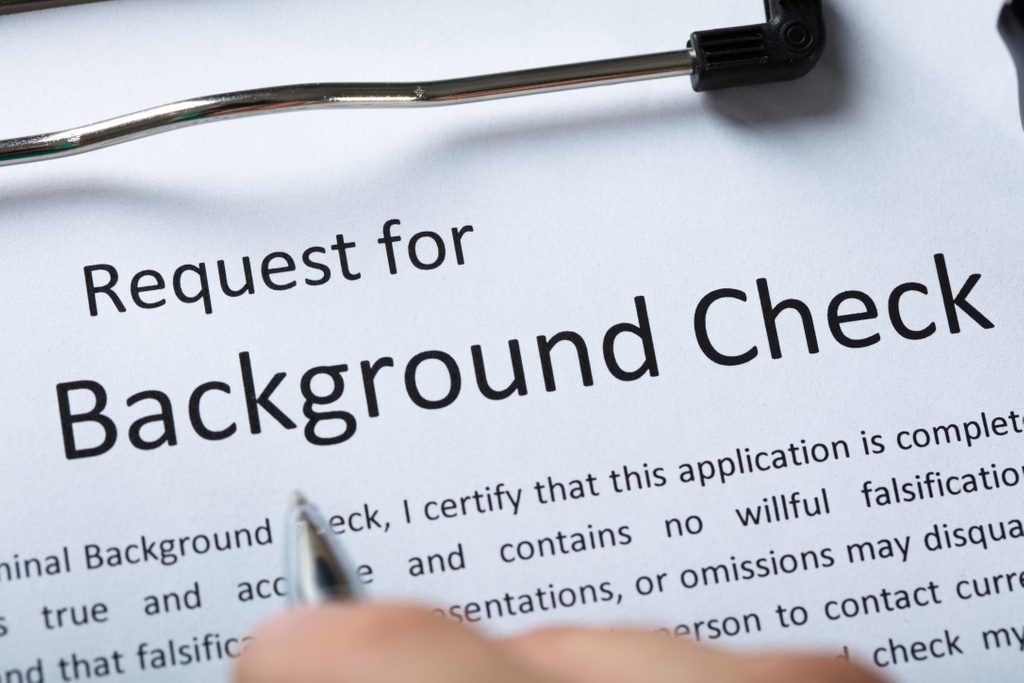How Long Does a Background Check Take?
Updated: Jan. 25, 2024

The background check for a new job doesn't need to be a mysterious process. Here's everything you need to know and what people check.
You’re halfway through the interview process for a new gig that might just be the perfect fit. The only thing standing in your way of accepting an offer is a background check. Here’s how long it takes, and everything else you need to know about background checks for employment.
What is a background check?
A background check is a review of your criminal, commercial, and occasionally financial records. Records give employers insight into a candidate’s current work, academic or professional qualifications, driving history, and more, according to Mary Delaney, President of CareerBuilder Employment Services.
Employers look at this information because they want to confirm that you are who you say you are. “Employers are looking to make sure candidates have accurately represented their background on their applications, and that a candidate does not have a history that could impact workplace safety, hurt the company’s reputation, or could put other employees at risk,” Delaney says. Think of a background check simply as fact checking. It’s typically the final step in the hiring process, according to Penny McNerney, the Vice President of Human Resources for Atrium. One of the questions you shouldn’t ask during an interview, however, is if the company does a background check.
How long does a pre-employment background check take?
Typical background checks for employment take anywhere from one to five days, McNerney says—although Delaney says it could take as long as five to seven days. There are a number of things that could slow down the process. It takes longer to find all the necessary info for applicants who move around a lot, have multiple name changes, or have worked or lived outside of the country. How long background checks take also depends on the type of check or report, since turnaround times vary. The types and number of reports depend on the responsibilities of the job. Plus, the longer your employment history, the longer it takes to gather all the necessary data. Companies usually search for only about seven years’ worth, but some industries might require information dating back 20 years, according to Delaney. Once they find the information, they make sure it’s accurate.
If I fail a background check, does the employer have to tell me?
If the results of a background check eliminate you as a job candidate, Delaney says the employer should notify you and provide a copy of the report, per the Fair Credit Reporting Act (FCRA). And the employer must offer a window of time to potentially dispute the results before finalizing the decision. As long as you’re transparent and honest throughout the job application and screening process, you shouldn’t worry about background checks for employment. “Employers will review findings and are concerned when there are unexplained gaps and discrepancies discovered during the background check,” Delaney says. “Candidates should take the time to thoroughly read the notifications they receive from their potential employer or the background screening firm.” Staying on top of answering the employer speeds up the process. Once you nail the offer, remember that these are the things your HR department isn’t telling you.
